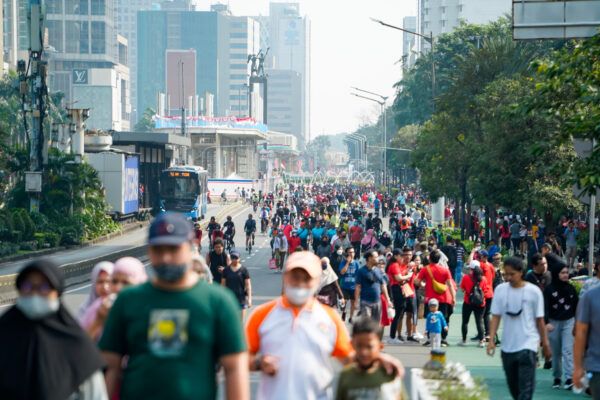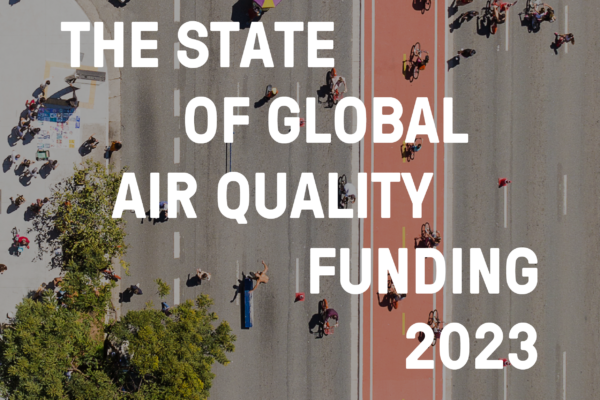As Chief Scientist at the World Health Organization (WHO), it was my job to anticipate the next big threats to global health. But the time for anticipating the health crisis caused by air pollution is over: it is already all around us. Over 99% of people around the world are breathing air that exceeds the WHO air quality guidelines, and air pollution causes 7 million premature deaths every year including more than half a million children under five. The diseases caused or exacerbated by air pollution – including heart disease, stroke, asthma, lung cancer, dementia and infections like pneumonia – are increasingly straining health systems and eating up scarce health budgets. This suffering and expense could be avoided by clearing the air. Prevention is better than cure.
In addition to the direct health impacts of dirty air on the lungs, hearts and brains of babies and children, as well as adults young and old, we are increasingly suffering the health impacts of a deteriorating climate. The two issues are of course entangled. The same toxic emissions that heat our planet also toxify the air we breathe.
Climate change is causing extreme weather and fuelling wildfires which further pollute the air and exacerbate the warming of our planet… and on it goes, unless we do something to interrupt this vicious cycle. The worst impacts of air pollution are being felt by the poorest communities, as many of the social and environmental determinants of health affect them negatively, and they are least able to access preventive and curative health services.
I have spent my career linking science with action, and science is telling us to act on these twin crises urgently. While healthcare workers may be at the sharp end, the responsibility to act falls heavily on policy makers, governments and development funders to enable the action we need.
Through this report, the Clean Air Fund has shone a light on what needs attention. It shows where the funding gaps lie — funding to improve outdoor air quality is far too low at just 1% of total international development funding. It sets out the opportunities for international development funders, including multilateral development institutions like the World Bank, and the role of national policy makers and regulators in making clean air a reality.
A combination of COVID-19, the war in Ukraine and soaring global inflation, have left many low- and middle- income countries in the midst of a debt crisis, with the continent of Africa experiencing the worst debt challenges in more than a decade. Funders have to encourage countries to address the climate and health challenge that rising air pollution represents, in ways that are affordable and sustainable. They should facilitate technology transfer and local capacity building, so that development funding can be used to create solutions that are a win both for planetary and human health.
With the clock ticking towards climate calamity, we must tackle climate change and air pollution together urgently. Looking ahead, we have COP28 in December, and in 2024 the WHO’s second global air pollution and health conference. Let’s use these forums and others like them to really address air pollution finance needs. The science is clear and there are solutions available to tackle the air pollution and climate crisis synergistically. We need political commitment and practical action, in order to save lives now and protect the next generation. As the world showed during Covid-19, we can solve big problems when we work together in solidarity towards.
This piece is taken from the foreword of The State of Global Air Quality Funding 2023, the only global analysis of international development finance spent on clean air projects.

